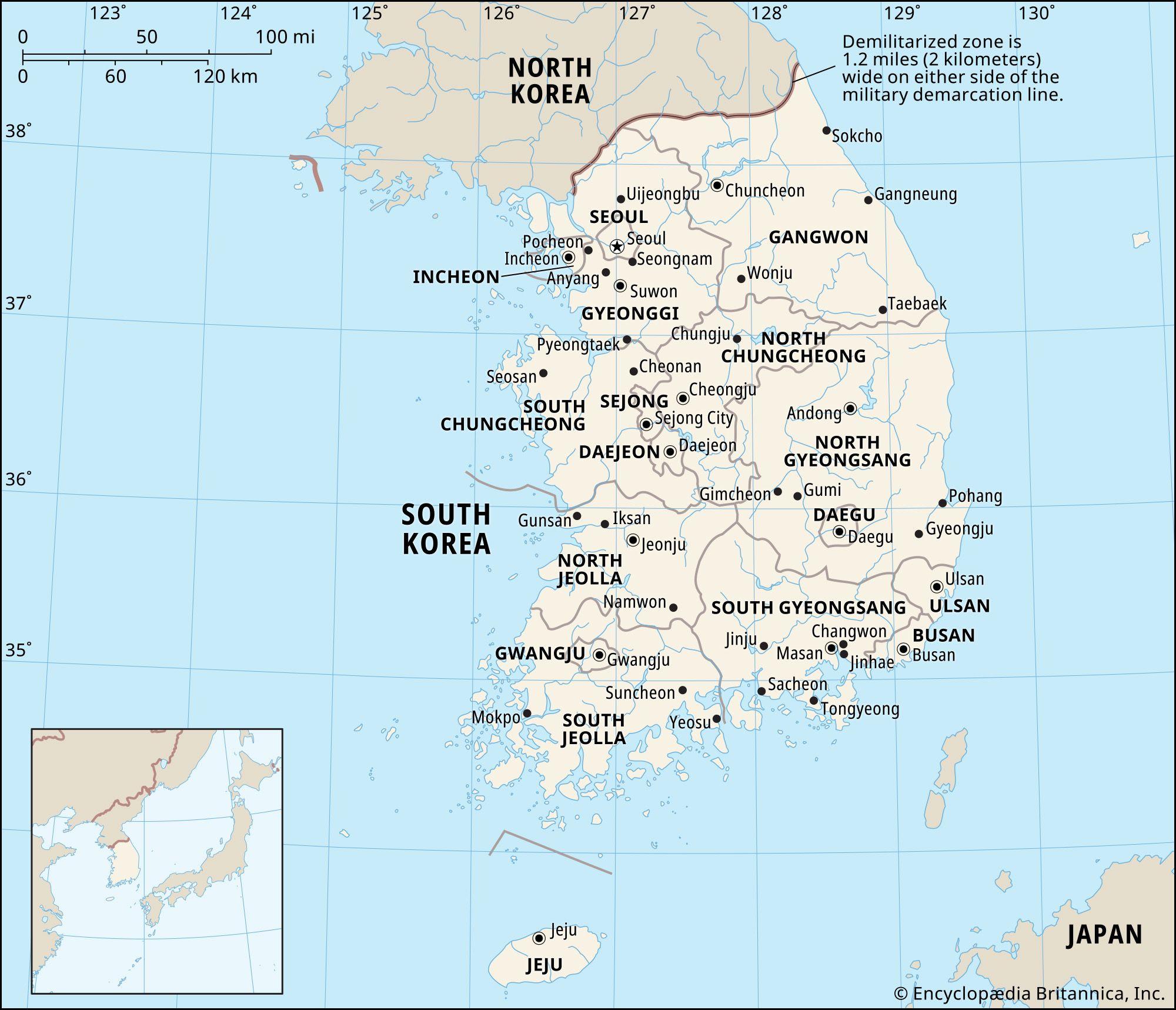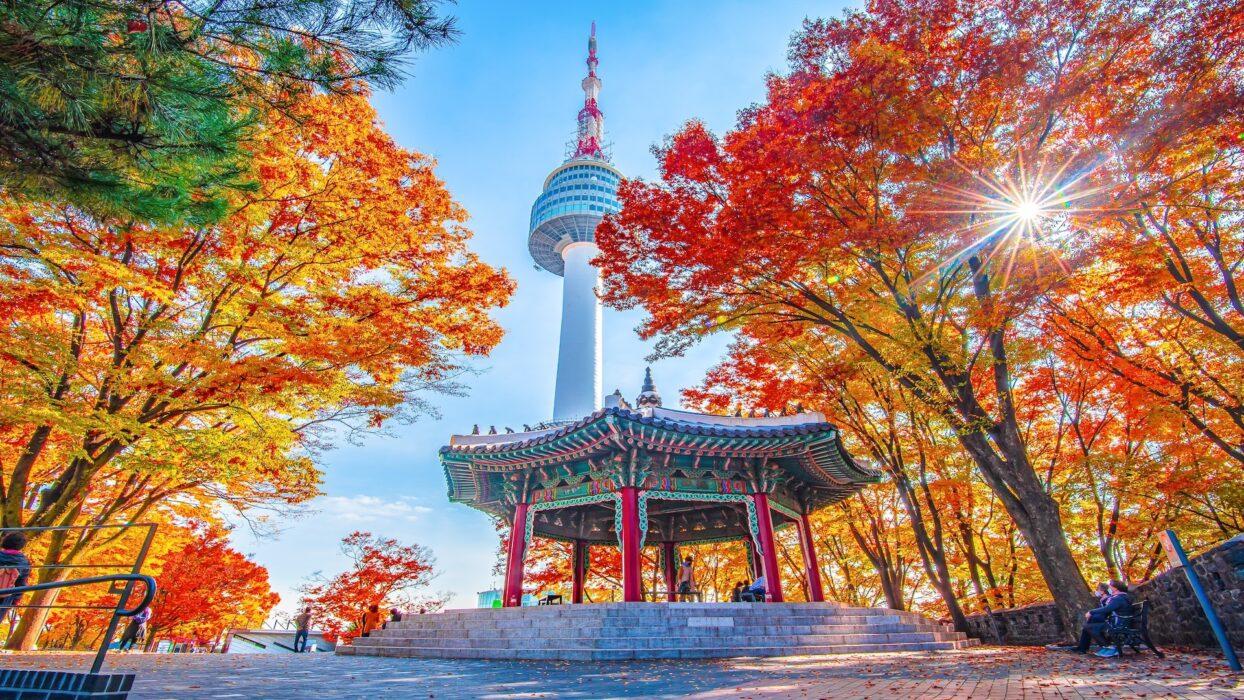Implications of the Impeachment for South Koreas Political Landscape
The impeachment of President Yoon has sent shockwaves through South Korea’s already tumultuous political landscape. As the nation grapples with the fallout from this historic decision, a few key implications emerge that could reshape the dynamics of governance and public trust in institutions. Political polarization is highly likely to intensify, as supporters and opponents of Yoon rally around their respective positions. this division may lead to heightened tensions within the National Assembly, complicating legislative processes and perhaps stalling crucial reforms. Additionally, with various factions jockeying for power, fragmented alliances may emerge that challenge traditional party structures, resulting in a more unpredictable political arena.
Moreover, the prospect of a leadership vacuum raises questions about the continuity of policy initiatives and the effectiveness of governance in the interim. As the ruling party navigates the post-impeachment landscape, ther are fears that key initiatives aimed at economic recovery, national security, and social issues may suffer setbacks. In this climate, the public’s frustration could translate into street protests or increased calls for accountability from both political leaders and civil society. The future of South Korea’s democracy may hinge on how political actors respond to this crisis, as the balance of power shifts and new contenders emerge in a landscape increasingly defined by uncertainty and public dissatisfaction.

Understanding the Legal Framework and Next Steps for Yoon
The impeachment of President Yoon has initiated a complex legal process that will considerably shape South Korea’s political landscape. Following the vote,it is essential to understand the specifics of the legal framework guiding this situation. The Constitutional Court of South Korea now has the primary duty of reviewing the impeachment motion, which requires a decision within 180 days.This review will delve into the grounds for impeachment, including allegations of misconduct and abuse of power. The court’s ruling is pivotal; a validation could lead to Yoon’s removal from office, while a dismissal would allow him to continue his presidency.
As the Constitutional Court deliberates, various stakeholders will likely take action, leading to a multi-faceted response at both political and grassroots levels. Potential next steps may involve:
- Legal Appeals: In case of an unfavorable ruling, President Yoon may seek to challenge the decision through legal means.
- Political Mobilization: Supporters and opponents alike are expected to mobilize public opinion, organizing demonstrations or campaigns influencing the court’s perception.
- International Reactions: The international community will closely monitor developments, which could impact diplomatic relations and economic considerations.
In the coming weeks, the South Korean political scene may become more polarized as parties and civic organizations react to the ongoing judicial process, leading to a heightened atmosphere of uncertainty and engagement.

Public Reaction and Its Influence on Future Elections
The recent decision to impeach President Yoon has sparked a wave of public response that transcends traditional party lines, reflecting a nation deeply engaged in its democratic processes. Social media platforms have become a battleground for opinions,with citizens expressing views ranging from staunch support for the impeachment to fervent opposition. Public sentiment is now shaped by a variety of factors, including economic conditions, social justice movements, and the ongoing challenges posed by external threats. Key themes emerging from online discussions include:
- Frustration with Governance: Many citizens have voiced dissatisfaction with President Yoon’s handling of various issues, accusing him of being out of touch with the people’s needs.
- Desire for Change: A important portion of the populace is using this moment to call for broader political reforms and a realignment of priorities in government.
- Mobilization of Youth: Young voters, in particular, are showing unprecedented engagement, ofen rallying for openness and accountability.
The implications of this backlash could extend well beyond the impeachment itself, influencing the dynamics of upcoming elections. Political parties are already recalibrating their strategies, recognizing the need to address the shifting concerns of the electorate. As voices grow louder, candidates who fail to resonate with the desires of the public risk losing support. Key factors to watch in future campaigns will include:
- Policy Proposals: Candidates will likely have to present clear, actionable plans to address the issues raised during this tumultuous period.
- Engagement Tactics: Future election campaigns may increasingly rely on digital platforms to engage with voters directly, reflecting the trends seen in recent public discussions.
- Coalition Building: The need for unity among various factions may drive political parties to form unlikely alliances, as they strategize to capture a wider voter base.

Strategies for Stability and Governance Amidst Uncertainty
The recent decision to impeach president Yoon has sent ripples through South Korea’s political landscape, amplifying concerns over governance and the potential for instability. in this uncertain climate, it is crucial for stakeholders—politicians, civil society, and citizens alike—to engage in strategies that bolster both stability and governance. Collaboration across party lines becomes essential to ensure that governmental functions remain intact and responsive to the needs of the populace. Additionally, fostering open dialog with the citizenry can rebuild trust in democratic institutions, as voters deserve a transparent process that encourages their input in times of crisis.
Moreover, leveraging technology can significantly enhance the governance framework. By implementing digital platforms for public engagement, the government can facilitate real-time feedback from citizens, ensuring that their concerns are heard, especially in tumultuous periods. Moreover, developing clear communication strategies that outline short and long-term visions for stability will help mitigate public panic and confusion. ultimately, a concerted effort focusing on collaboration, dialogue, and innovative governance will initiate a recovery process that not only addresses immediate concerns but also lays a foundation for a resilient democratic future.
